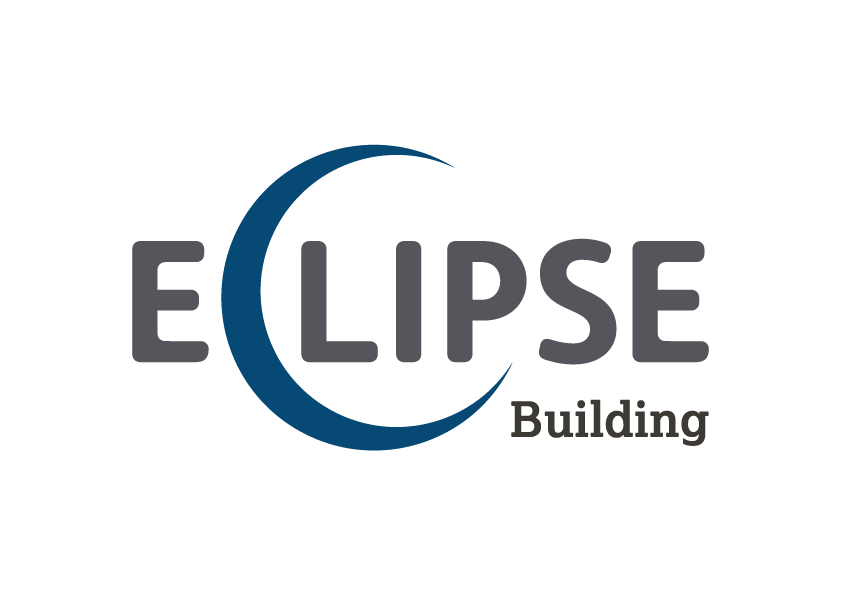Few things are more exciting than getting started on a project you’ve been dreaming about for a long time. You start thinking about remodeling, you come up with a concept, and talk about it repeatedly to people who are closest to you. So you decide to bite the bullet and get it done. But then you read stories about people who hired contractors for a construction job, only to get stiffed.
What can you do to prevent that from happening to you?
- Do your research: I know, I know. We’re all busy. But unless you hire an Owner’s Representative to take the helm for you, you’re going to have to do your due diligence in finding reputable contractors. Make sure they’re properly licensed. Look for pictures of past projects, read a substantial amount of reviews, and see if they’ve ever been sued and why (a lawsuit doesn’t necessarily mean they’re not kosher. People in this country sue for everything. But if a company has a long list of previous clients suing them, you know they’re not trustworthy).
- Get several bids: Once you’ve narrowed down your list of potential contractors, get a handful of bids from several of them and compare them. If something seems too good to be true from one of them, it is because it is. If they’re all over the place or have missing information, go with someone else.
- Get it in writing: Don’t ever take someone’s word when it comes to big projects. Before agreeing to anything or making payment, draft a contract with all the desired terms. If they offer you their standard boilerplate agreement, review it with an attorney who’s specifically experienced in construction industry contracts.
- Get a lien waiver: Remember how we mentioned lawsuits in point number one? If your contractor doesn’t pay their subcontractors, they can place a lien on your property. Doesn’t sound fun, does it? If the company you hired is legit, they should be agreeable to signing a lien waiver. While you’re reviewing the contract with a lawyer, make sure to ask about the waiver’s enforceability.
- Ask to see their certificate of insurance: Not only do you want to make sure the work they do is covered, but also that they have Worker’s Compensation insurance for their employees. If someone gets hurt on the job, someone’s going to have to pay for it. By making sure the contractor has worker’s comp covered, you’re protecting your own pocket.
At Eclipse Building Corp., we have all our ducks in a row. Rest assured we’ll be able to do your construction or renovation project without a glitch. Contact us and let’s talk about getting things started – and finished.

